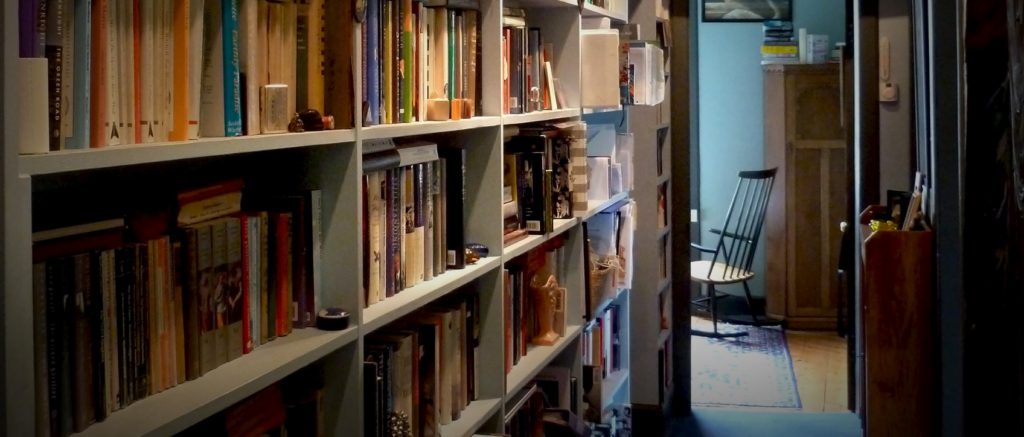While we at Kill Screen love to bring you our own crop of game critique and perspective, there are many articles on games, technology, and art around the web that are worth reading and sharing. So that is why this weekly reading list exists, bringing light to some of the articles that have captured our attention, and should also capture yours.
///
Where Is the New Cyberfeminism?, Cecilia D’Anastasio, The Nation
Every major step forward in the technological and philosophical landscape for the last few generations has had a major feminist response to it. Cecilia D’Anastasio wonders who will pick up the torch of the likes of Sadie Plant as culture dips its toes into the new realm of virtual reality.
Why I love my possessions as a mirror and a gallery of me, Lee Randall, Aeon
There is a contention to owning a ton of crap. Artistic and literary traditions to imagine one’s self as independent of their choices as a consumer or collector. Nuts to that, says Lee Randall, who has written an essay about loving the profile created through the things in their flat.

Photo belongs to Lee Randall
Towards an Art History for Videogames, Lana Polansky, Rhizome
All is thankfully quiet on the “games vs art” front, but that doesn’t pull away from the fact that the majority of games’s developing history belongs to the technological and commercial worlds. That weight and perspective makes an interesting conundrum on how we decide to address games’s art history, and Lana Polansky explores some pockets of subversion.
How Vector Space Mathematics Reveals the Hidden Sexism in Language, MIT Technology Review
Listen, just because French as a language decided it’d be efficient to gender different kinds of condiments doesn’t mean you should get too smug by comparison. For example: researchers have discovered that the Word2vec, a massive data set on language and word associations, is eerily sexist, bundling terms like “mother” and “woman” to “nurse” and “homemaker” like an AI from Pleasantville. The MIT Technology Review reports how the researchers who stumbled on to this plan to fix sexism. On a mathematical scale, anyway.
